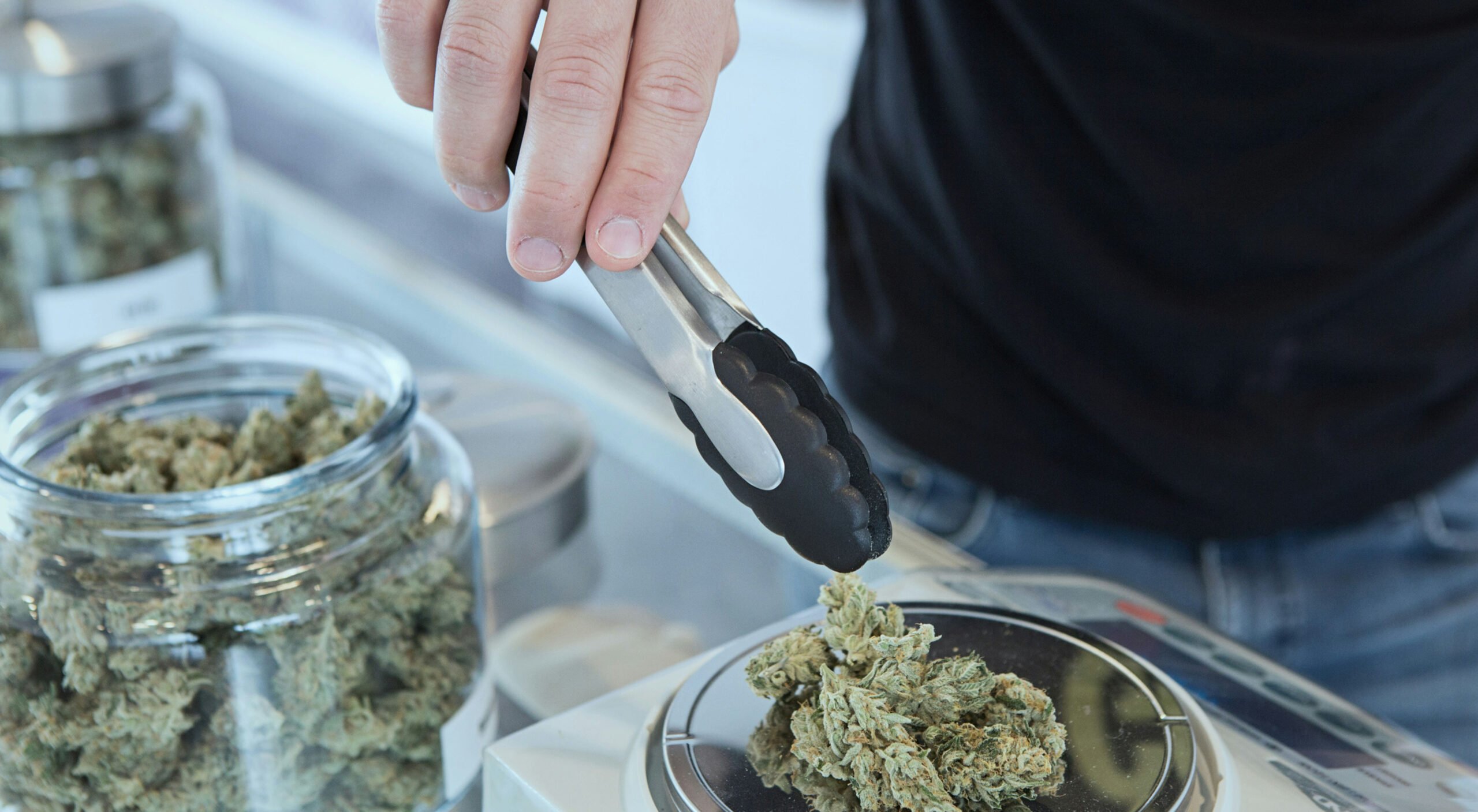Rescheduling of Marijuana Could Lead to Significant Tax Relief for Cannabis Businesses

The Biden administration’s announcement last month that it would move forward with plans to reclassify marijuana from a Schedule I to a Schedule III controlled substance could result in significant tax relief for cannabis businesses.
Under current law – specifically, Section 280E of the Internal Revenue Code – no deduction is allowed for any amount paid or incurred during the taxable year in carrying on a trade or business that consists of trafficking in controlled substances within the meaning of Schedule I or Schedule II of the Controlled Substances Act.
In other words, cannabis businesses are not allowed a deduction for ordinary and necessary expenses incurred in the business that would be deductible in virtually any other business – even where the cannabis business is operating in a manner that is legal under state law. As a result, cannabis businesses face effective tax rates much greater than the 21% rate imposed on corporations or even the 37% maximum rate imposed on individuals. Consider the following example:
| Regular Business | Cannabis Business | |
| Gross Income | $1,000,000 | $1,000,000 |
| Cost of Goods Sold | ($400,000) | ($400,000) |
| Gross Profit | $600,000 | $600,000 |
| Business Expenses | ($400,000) | ($400,000) |
| Net Income | $200,000 | $200,000 |
| Federal Income Tax (21%) | $42,000 | $126,000 |
| After-tax Income | $158,000 | $74,000 |
| Effective Tax Rate | 21% | 63% |
If marijuana ultimately is reclassified as a Schedule III controlled substance, Section 280E of the Code would no longer apply, meaning cannabis businesses could begin deducting their ordinary and necessary expenses to the same extent as other businesses.
The Department of Justice published a proposed rule recommending the reclassification of marijuana from a Schedule I to a Schedule III controlled substance on May 21, 2024. The comment period runs through July 22, 2024, meaning the reclassification could happen within the next several months. If the reclassification occurs in 2024, it may have an effective date of Jan. 1, 2024, meaning cannabis businesses could deduct all ordinary and necessary expenses incurred on and after Jan. 1, 2024.
While it is technically possible that reclassification could be retroactive to prior tax years, there is no indication that it will be. Thus, cannabis businesses likely could not file amended income tax returns or seek relief from taxes incurred in prior years when Section 280E still applied to them.
In This Article
You May Also Like
President Trump Signs Executive Order to Limit State AI Regulation DOS Expands Mandatory Social Media and Online Presence Review for H-1B, H-4, F, M, and J Visa Applicants Effective Dec. 15 (Expect Visa Appointment Cancellations/Rescheduling)